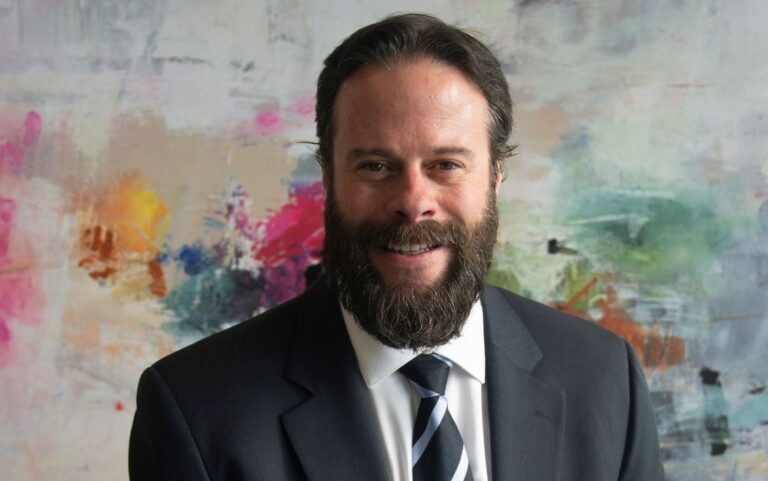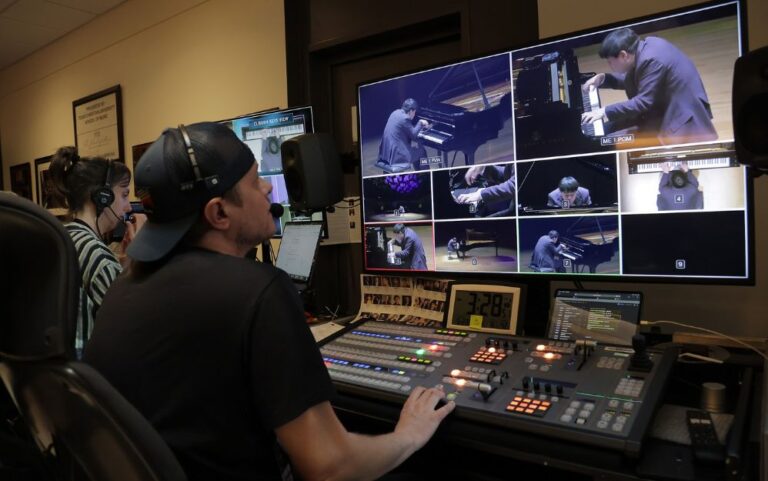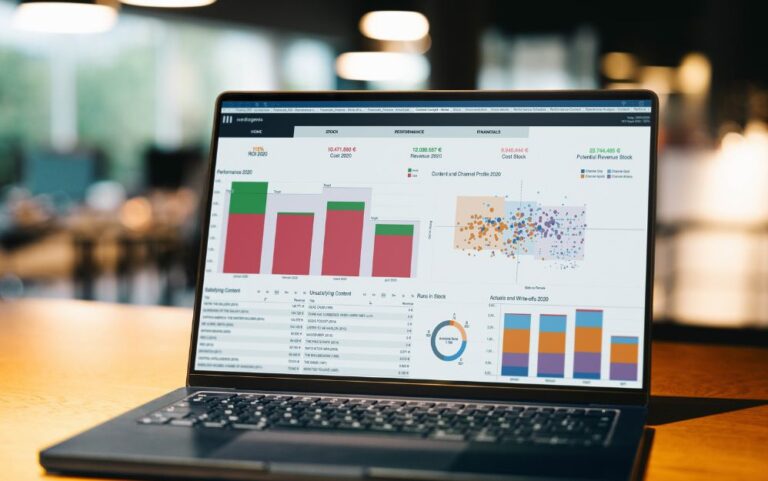PAÍSES Versión en español
ECIJA Colombia: Negotiating music licenses for productions, always ensuring to manage budgets
Édison Monroy, Carlos Cifuentes| 26 de abril de 2024

Patricia Renjifo: Not having permits can mean that the work cannot circulate and having to spend a lot of money on claims and legal processes
An urban myth suggests that if only a few seconds of a song are used in an audiovisual production, authorization for the rights of the piece is unnecessary. However, the reality is that any recognizable melody must always have permission for use.
For situations like this or any other regarding the use of music in audiovisual productions, legal advice is indispensable. In the case of Colombia and other countries in Latin America, one of the most recognized firms in this and other legal matters of the industry is ECIJA.
“A few years ago, movies and series did not go through such rigorous legalization processes because they had a limited release and were not sold to platforms with global reach, so at that time the risks of a legal claim were lower, and legal review of the music licenses used in production was not required. When the whole digital issue came into play, it became very necessary and at this point, it is indispensable because not having permits can mean that the work cannot circulate and having to spend a lot of money on claims and legal processes,” says Patricia Renjifo, partner of the firm and leader of the media, entertainment, and intellectual property area.
The media team at ECIJA Colombia, led by Renjifo, has participated in dozens of audiovisual projects. An example is Primate, a series from The Mediapro Studio licensed to Prime Video and RCN, whose second season recently premiered and features a wide variety of songs in each of its episodes, from Hard Rock classics like Cherry Pie by Warrant to merengues by Wilfrido Vargas, who intentionally has a special participation in the series.
“It is a series with very specific music, and for that project, the role of music supervisor, in this case, Santiago Uribe, was vital. In the legal team, we work hand in hand with him in the process of reviewing licenses, ensuring that everything is signed by publishers, record labels, authors, or in general the rights holders and that our work allows the exploitation of the work as needed.”
THE DETAILS ARE KEY
In the world of licenses, the devil is also in the details. That’s why when ECIJA reaches an agreement with the rights holder of any song, they aim to clarify the uses and variations that will be made on the same song. The lawyer highlights that an important point of what is signed with publishers and authors is regarding territorial limitations, platforms, or transmission media.
According to Renjifo, at ECIJA “We seek to make the license as broad as possible. The challenge for this type of negotiation is to ensure that content has a commercial journey for as long as possible and in all possible media.” This may involve clauses that protect exploitation rights in systems or technologies that have not yet finished developing, such as the metaverse.
Likewise, she emphasized that all authorizations must be in writing, not verbally, and signed by all authors and rights holders of the musical works, considering that in a single musical work, several authors and multiple rights holders can be found for the same recording.
Renjifo commented that when dealing with individuals, it is crucial to request the registration of the artistic piece and ensure that the individual signing a contract is indeed the rights holder.
WORK WITHOUT A MUSIC SUPERVISOR
Some productions do not have a music supervisor. In situations like this, the company generally conducts a thorough check of all musical references present in the script. The legal firm determines which licenses need to be requested and if they fit within the available resources and then proceeds to negotiate authorizations and licenses with labels and publishers.
“That moment is complex because some songs are dropped, there are moments where the director makes creative changes and decides that a song no longer fits, and negotiations have to be halted. Many times, much more music is negotiated than what will be used. Other times, filmmakers propose new songs, and they also have to be ‘hunted down’,” emphasized the entertainment lawyer who has been working in the audiovisual industry since 2010.
Throughout this process, she reveals that the key is to carefully consider the costs of licenses to the overall budget for the music of the production, which cannot be exceeded. “We negotiate music licenses for productions while always ensuring to care for the budgets,” she concludes.











